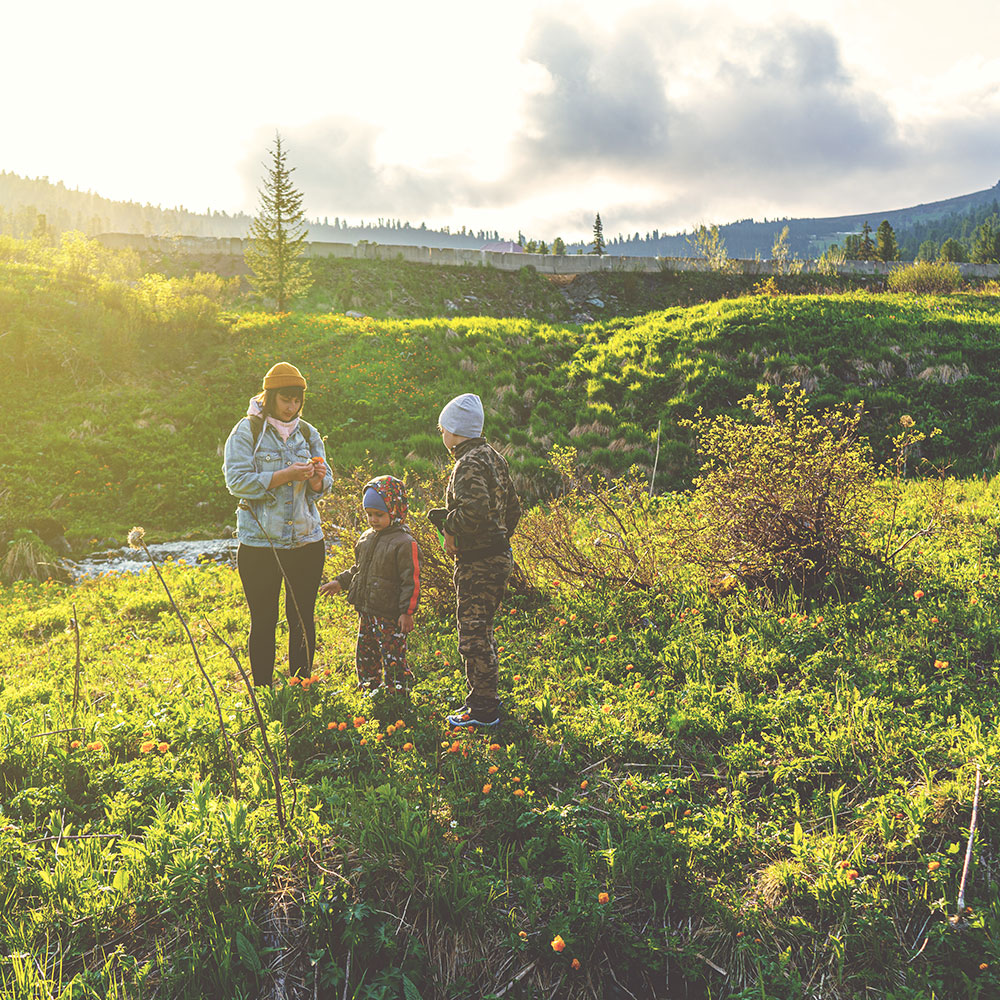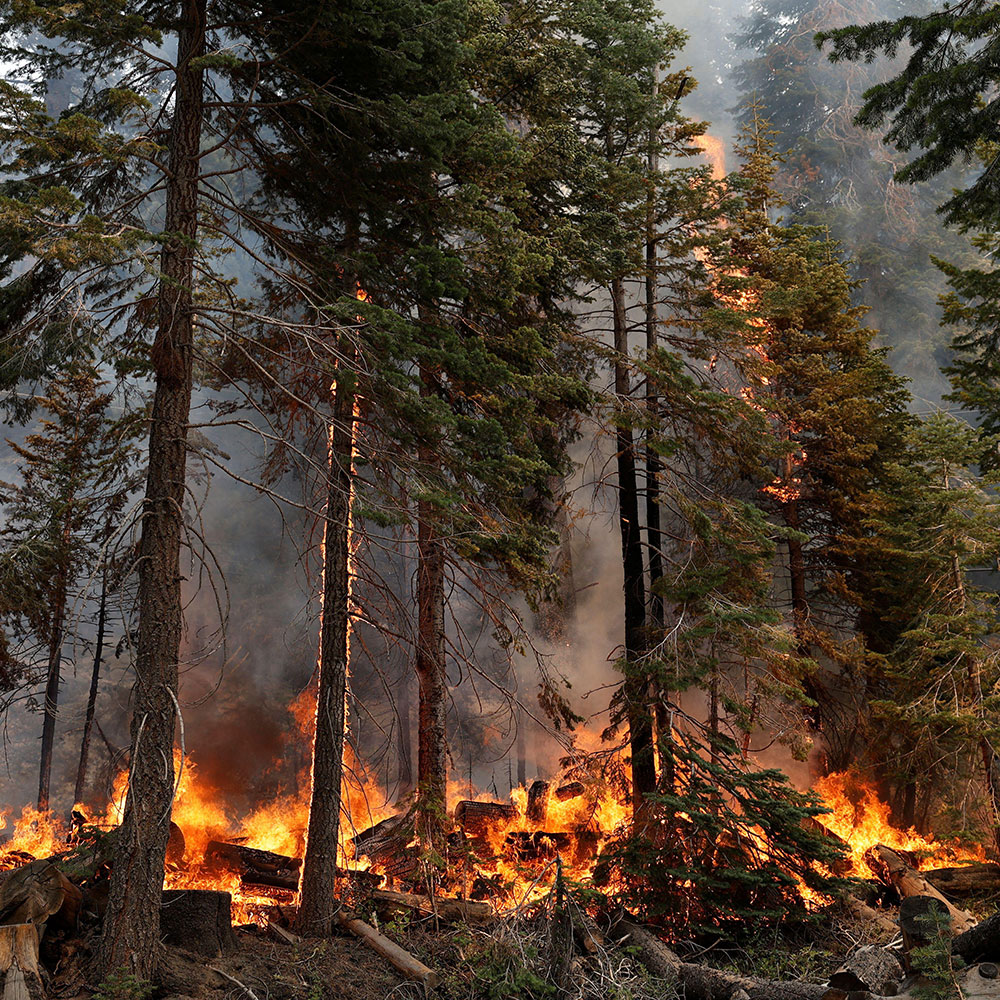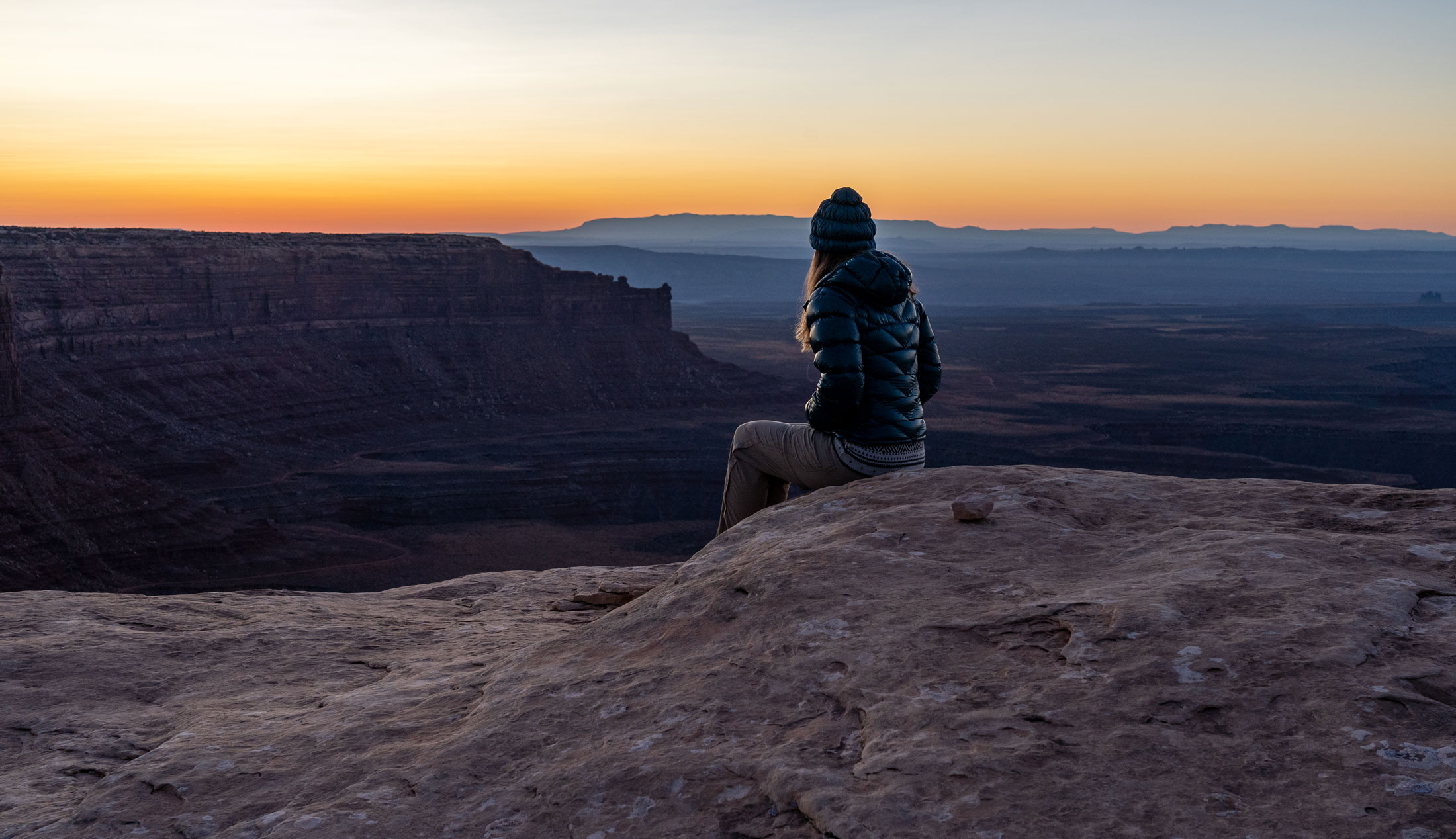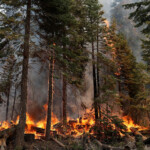
Air pollution is harming public health
People across the Interior West are subjected to dangerous levels of air pollution that are dramatically worsening because of climate change. Emissions from power plants, mines, refineries, gas-powered vehicles, homes, and other sources don’t just contribute to climate change, they threaten public health. These pollutants cause premature death, asthma, cancer, heart attacks, birth defects, and Alzheimer’s disease, among other adverse health impacts.
One particularly concerning contaminant in our region is fine particulate matter or PM2.5. Community members across the West – including those who live and work in Denver and Weld Counties in Colorado, Salt Lake County in Utah, Maricopa and Pinal counties in Arizona, Bernalillo County in New Mexico, Lincoln and Missoula Counties in Montana and Clark and Washoe Counties in Nevada – breathe in dangerous levels of this pollutant, putting them at risk of premature death and disease. To ensure cities and towns can thrive, we must clean up our air. Importantly, the bulk of solutions needed to address climate change will also improve air quality and protect public health and the environment.

Ozone levels are rising
Ozone levels are going up in the Interior West, putting the health of communities and individuals at risk. At the same time, study after study concludes that exposure to lower concentrations of ozone threatens public health and that communities of color are disproportionately impacted by ozone pollution. The production and burning of fossil fuels release the air pollutants that form ozone in the atmosphere as well as the greenhouse gases that cause climate change. Strategies to reduce emissions of greenhouse gases will also decrease air pollution and safeguard public health. According to the American Lung Association’s 2022 State of the Air Report, 60% of the population of the Interior West lives in places with dangerous ozone levels. This pollution attacks the lungs and throat, and even short-term exposure can lead to shortness of breath, wheezing, and coughing, asthma attacks, and lung damage. Long-term exposure increases the risk of premature death, leads to more hospital admissions for people with asthma, and is associated with low birth weight, stillbirth, and decreased lung function in newborns. As our region faces the climate crisis and rising temperatures, it’s essential that we reduce emissions right now.

Wildfires are threatening clean air
Climate change is continuing to dry out the Interior West, leading to catastrophic wildfires that have become a year-round threat for towns and cities across the West. The smoke from these fires can darken the sky and make it uncomfortable and dangerous to take a breath. Even more concerningly, this smoke, which is primarily comprised of fine particulate matter or PM2.5, puts an individual’s health at risk. Even at relatively low levels, fine particulate matter threatens public health. In addition, the high concentrations of fine particulate matter resulting from wildfires adds to the already unhealthy levels of summertime ozone pollution that plague many Western communities such as Denver, Phoenix, and Salt Lake City. To address this threat to our air quality, we can fight climate change, the root cause of these worsening fires, and advance wildfire mitigation strategies that lessen the likelihood of catastrophic wildfire, such as prescribed burns.





